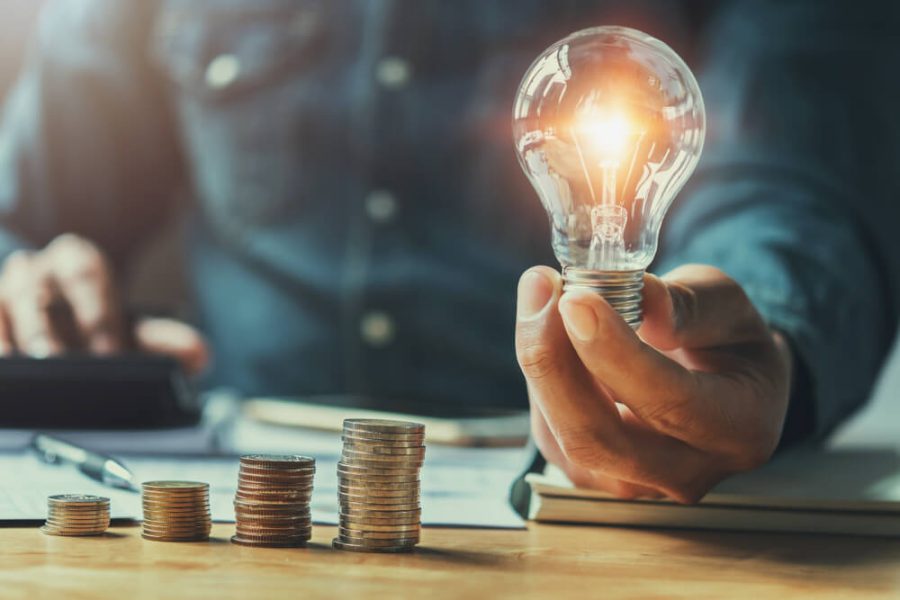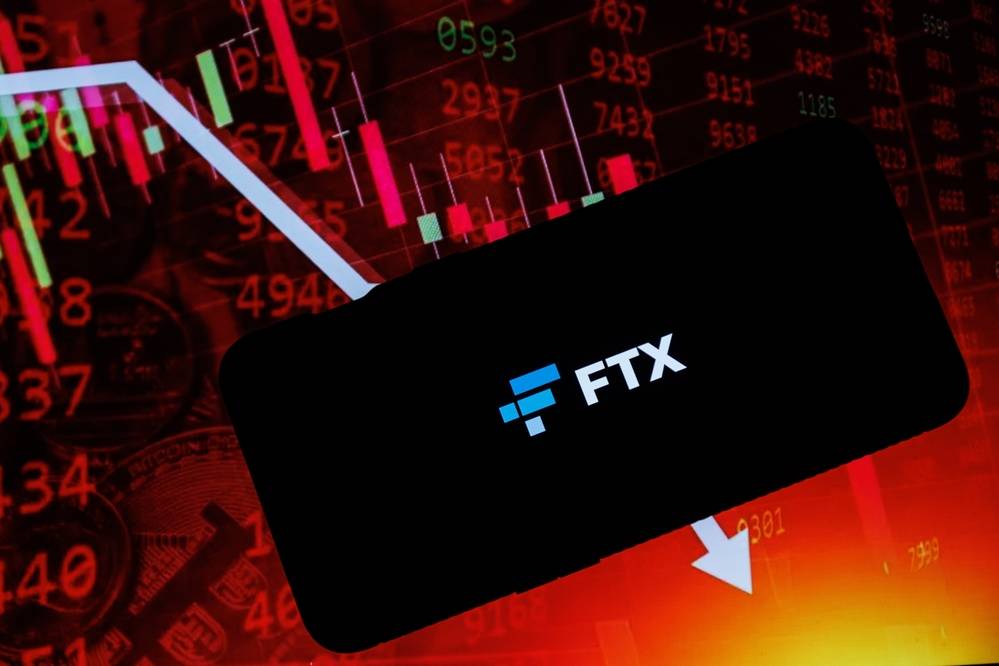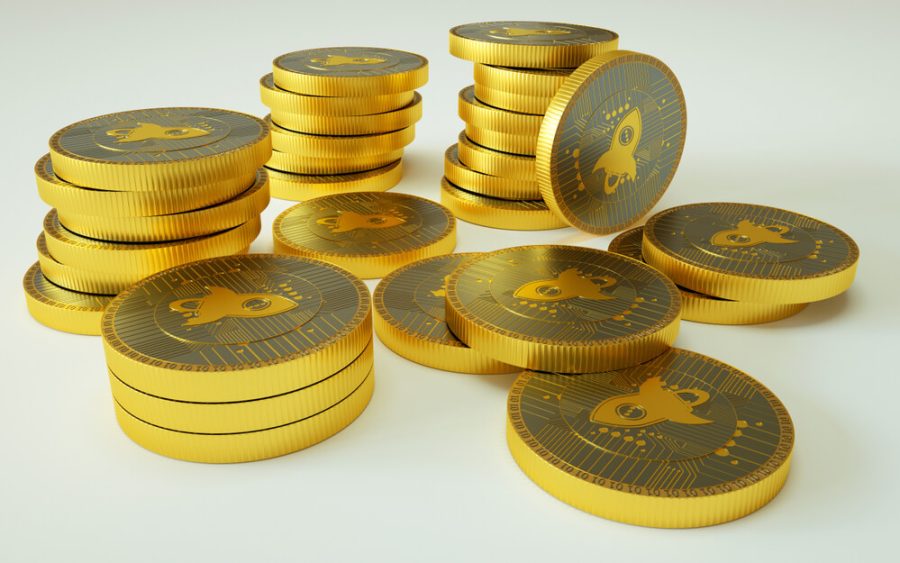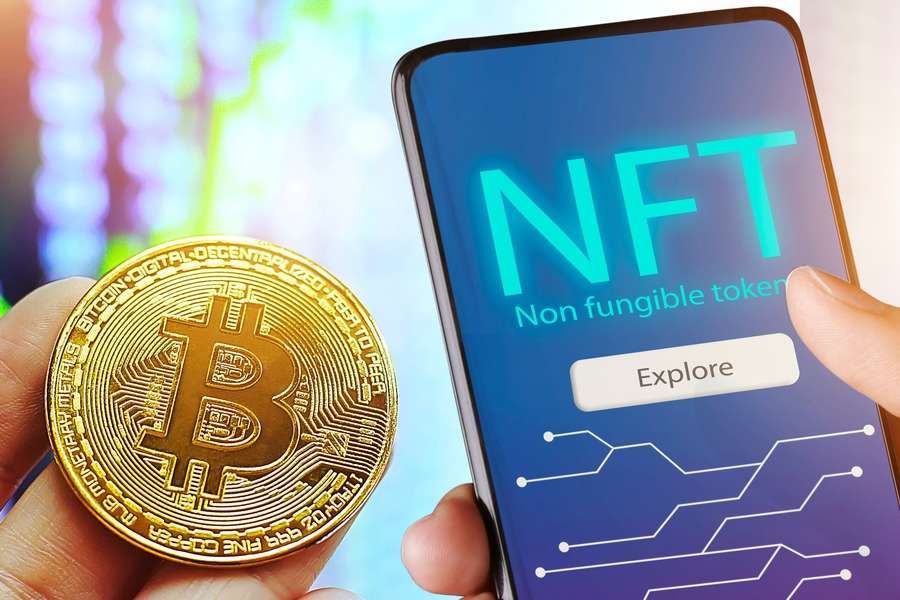In simple words, the term “kimchi premium” is used to refer to the gap in crypto prices in South Korean exchanges as compared to other global exchanges. But why does it exist, and how does it matter?
Predominantly seen in the price of large cryptos like Bitcoin, a University of Calgary study found that the phenomenon was first observed in 2016. According to the paper, between January 2016 and February 2018, Bitcoin was listed in South Korean exchanges at a price that was on average over 4.73% more than it was in the US. In fact, the researchers claim that Bitcoin was as much as 54.48% more expensive in South Korea in January 2018.
Read More: Bitcoin, other cryptos rally as Fed hikes interest rates again
The kimchi premium, named after one of the country’s most recognizable dishes, exists even today. At the time of filing, the price of Bitcoin was around $23,000 on CoinGecko, while it was close to $30,000 on two of the largest South Korean exchanges, Upbit, and Bithumb.
Why the difference?
Given its penchant for technology, South Korea emerged as an early adopter of cryptos, which has led it to become one of the world’s most popular markets for digital currency trading.
Many credit this popularity of cryptos, as one of the probable reasons that led to investors in the country to pay a premium for owning them. This is possible because cryptos are decentralized assets, which unlike say equities, don’t trade on a central exchange. In other words, cryptos can have different prices quoted in various exchanges across different countries.
Read More: Will 2023 be an exciting year for crypto?
Since South Koreans pay more for their cryptos, the kimchi premium is bad for anyone that resides in the country. However, the phenomenon is a boon for arbitrageurs who can acquire cryptos at a lower price elsewhere, before selling them for a profit on South Korean exchanges.
Reigning in greed
However, arbitrageurs were only able to take advantage of the price difference for a short period of time. Taking advantage of the kimchi premium has become virtually impossible in South Korea due to the country’s restrictive regulatory policies, as well as a variety of anti-money laundering laws.
So while in theory an arbitrator can take advantage of the kimchi premium to make a decent profit, the problem is to transfer those profits out of South Korea, mainly due to the strict reporting requirements imposed on South Korean banks, especially for any foreign exchange transactions.
However, that doesn’t mean people aren’t exploiting the kimchi premium. A December 2022 study credits the kimchi premium phenomenon for a surge in international remittances to China. More recently, the phenomenon was also touted as one of the reasons for the unprecedented rise in the price of the APT coin, which despite its relatively small ecosystem, was still trading as a premium on South Korean exchanges.
Read More: What’s all this hype about Aptos?
Disclaimer: This article is based on publicly available information and should not, in any way, be considered financial advice.










